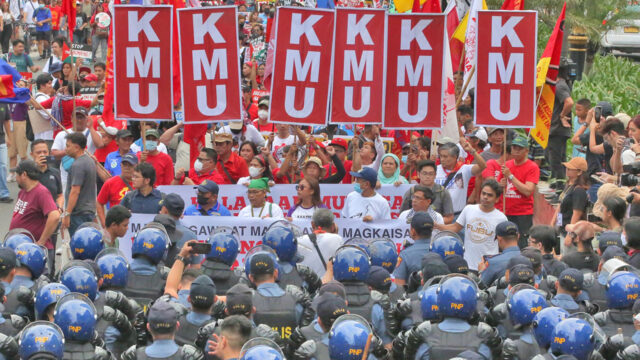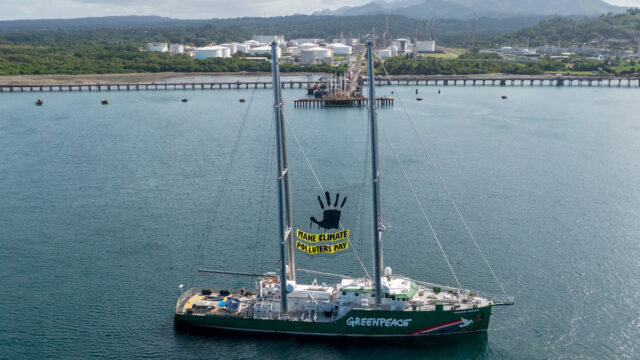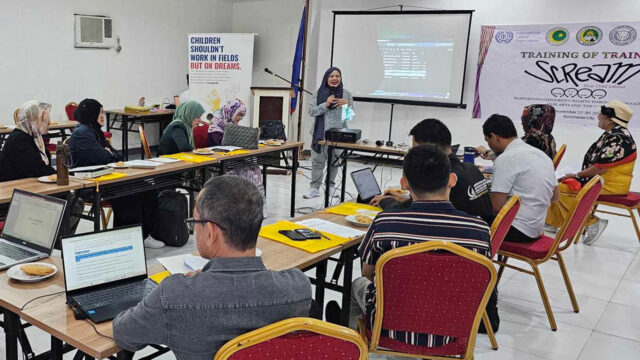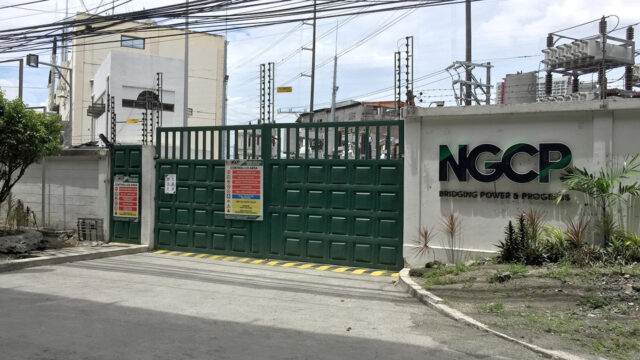Bonifacio Day protesters demand higher wages, transport subsidy

By Jomel R. Paguian
LABOR GROUPS on Thursday marched along the streets of Manila to voice out concerns on workers’ welfare as transport groups and anti-war coalition activists denounced the phaseout of jeepneys and foreign military intervention.
The demonstrations were staged to mark the 160th birth anniversary of national hero and revolutionary, Andres Bonifacio.
Transport group Pinagkaisang Samahan ng mga Tsuper at Operators Nationwide (PISTON), which led a three-day transport strike last week, joined the protest to urge the government to include a P31.57-billion public utility vehicle (PUV) rehabilitation subsidy in the 2024 national budget.
The subsidy, proposed by Party-list Rep. Arlene Brosas on Wednesday, would be used in upgrading 63,140 traditional PUVs per year.
The transport group argued that with the proposed subsidy, the government has no reason to make franchise consolidation mandatory under the PUV Modernization Program since government subsidies will be inclusive for all legitimate franchise holders, regardless of consolidation status.
“When this is enacted, there is no reason for the government to push for franchise consolidation because the budget will now be allocated directly to the rehabilitation of old public vehicles,” PISTON national president Mody T. Floranda said in a statement in Filipino.
Labor groups, among them the Kilusang Mayo Uno, also demanded substantial wage increases, highlighting the stagnant daily income amid inflation. They argued that current earnings fall significantly below the family living wage standard of P1,186 per day, even with the P610 daily minimum pay in Metro Manila — the highest regional minimum wage in the country.
National Confederation of Labor president Ernesto Arellano urged for the implementation of a P750 wage increase across all regions in the country, and the reestablishment of national minimum wage which will junk regional wage boards.
The groups also called for an end to “contractualization” schemes — the labor practice of hiring workers on a short-term or contractual basis — and demanded regular job and employment opportunities.
An anti-war coalition comprised of labor and human rights groups, No To War network, also joined the protest to rally against the aggression of foreign powers in the South China Sea, condemning the joint military exercises with the United States and the ongoing discussion to have a similar program with the Japanese military. The coalition also called for a permanent ceasefire in Gaza.
“It is imperative to stop these wars so that focus is redirected to more immediate and pressing concerns faced by the world’s people, particularly the urgent battles against poverty, inequality, and the climate crisis,” said Partido Manggagawa Chair Renato Magtubo in a statement.











